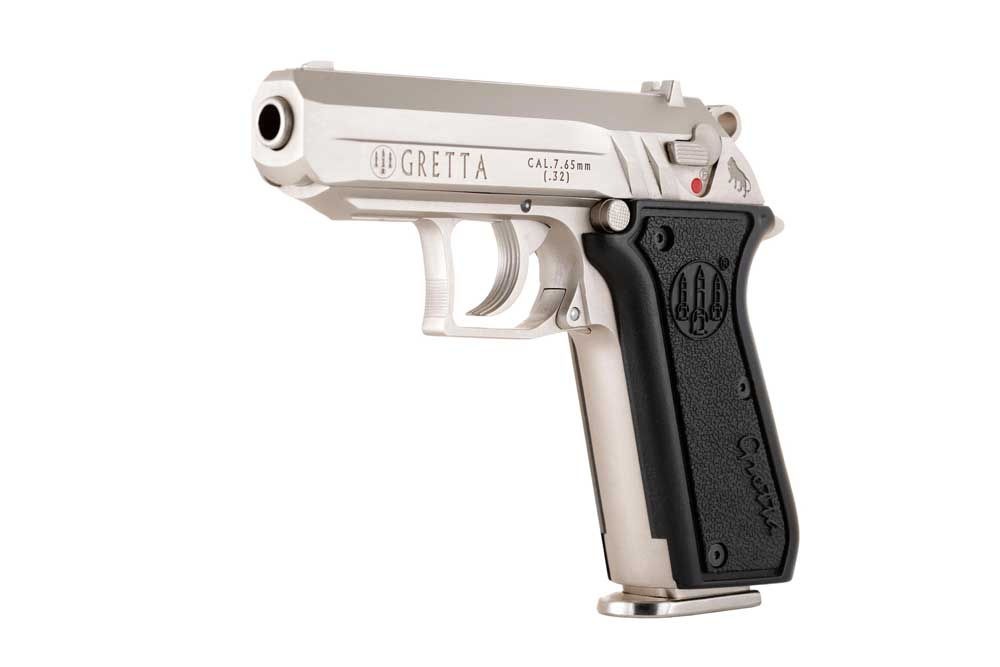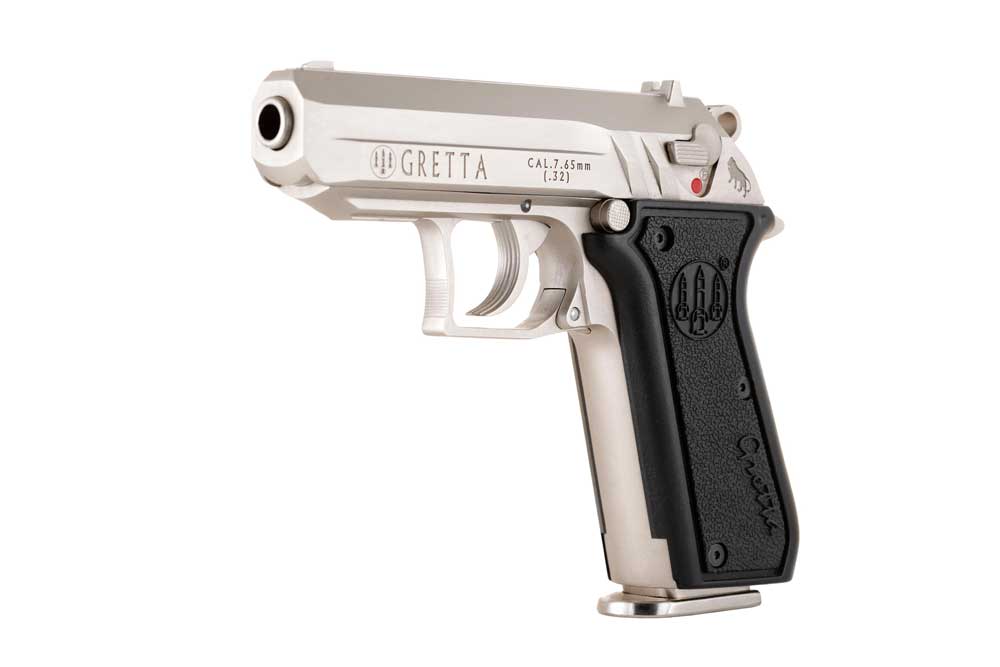Navigating the process of buying pistols in India requires understanding the comprehensive legal framework set by the Indian Arms Act of 1959 and its subsequent amendments. This framework categorizes firearms into Prohibited Bore (PB) and Non-Prohibited Bore (NPB), with stringent criteria governing who can own these weapons and under what circumstances.

Key Rules and Procedures To Know Before Buying Firearms In India
- Eligibility: To apply for a firearm license in India, you must be an Indian citizen aged 21 or older. The licensing authority assesses various factors, including criminal history, mental health, and the security of firearm storage facilities, to determine eligibility .
- Application Process: The journey to legally owning a pistol starts with a preliminary application, available at the District Superintendent’s office or online. Following this, applicants undergo a detailed background check, including mental health assessment and criminal record verification. This process also involves an inspection of the premises where the firearm will be stored.
- Types of Firearms: Firearms are divided into PB and NPB categories. While PB weapons are generally reserved for defense personnel and certain other exceptions, NPB weapons are available to the civilian population, subject to successful license application.
- License Validity and Renewal: A firearm license in India is valid for three years and requires renewal, with the process involving a renewal fee and submission of an application to the local police station.
- Restrictions and Legal Obligations: Carrying a firearm in public without a valid reason is illegal, even with a license. Firearm use, especially in self-defense, must be proportionate to the threat faced to avoid severe legal consequences.
- Acquisition and Possession: Once a license is obtained, individuals can purchase firearms from authorized dealers. The firearm’s details are recorded on the license, and the weapon must be registered at the local police station.
- Cultural and Community Exceptions: India’s gun laws accommodate cultural and community exceptions, allowing groups like the Kodavas from Karnataka and Sikhs (for carrying Kirpans) certain privileges regarding firearm possession.
- Maximum Number of Firearms: An individual can own up to three firearms under the Arms Act of 1959. The combination of these firearms can vary, including handguns, rifles, and shotguns, depending on the individual’s preference and license specifics.
Conclusion
Buying a pistol in India is a process embedded in a legal framework designed to ensure public safety and responsible ownership. The meticulous procedure underscores the importance of legal compliance and the responsibilities accompanying firearm ownership. For anyone considering purchasing a pistol, it’s imperative to engage deeply with these regulations and ensure all legal criteria are met.
Greta Gun Works is recognised manufacturer and seller of revolver and pistols in India. We help our customer to choose best firearms to the purpose and before selling we cross check required documents
For a more detailed exploration of the rules and procedures surrounding the acquisition of pistols in India, consult resources such as BestCheck , Century Law Firm, Deccan Herald, and Legal Desire.





Comments